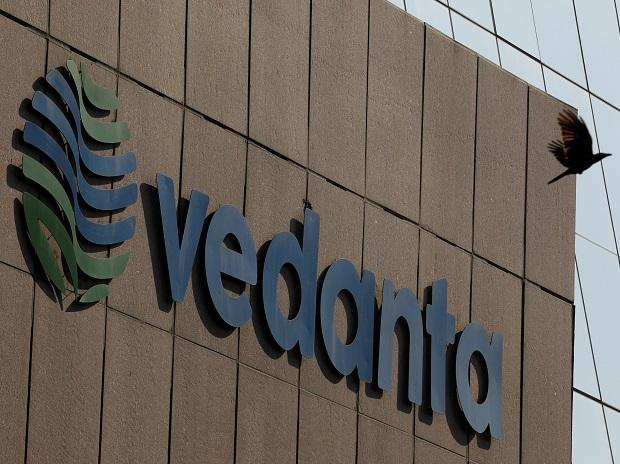Dogecoin, launched in 2013 as a bitcoin spinoff, soared over 12,000 percent to an all-time high in May before slumping almost 80 percent by mid-December

Bitcoin close to $70,000, “meme coins” worth billions of dollars, a blockbuster Wall Street listing, and a sweeping Chinese crackdown: 2021 was the wildest yet for cryptocurrencies, even by the sector’s volatile standards.
Here is a look at some of the major trends that dominated cryptocurrencies this year.
Bitcoin: Still no.1
The original cryptocurrency held its crown as the biggest and most well-known token —though not without a host of challengers biting at its heels.
Bitcoin soared over 120 percent from January 1 to a then-record of almost $65,000 in mid-April. Fuelling it was a tsunami of cash from institutional investors, growing acceptance by major corporations such as Tesla and Mastercard, and an increasing embrace by Wall Street banks.
Spurring investor interest was Bitcoin’s purported inflation-proof qualities — it has a capped supply — as record-breaking stimulus packages fuelled rising prices











































